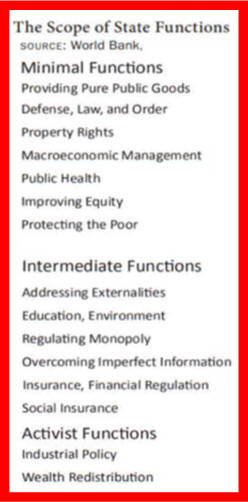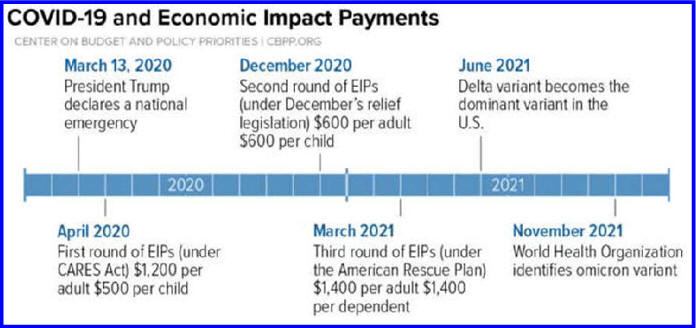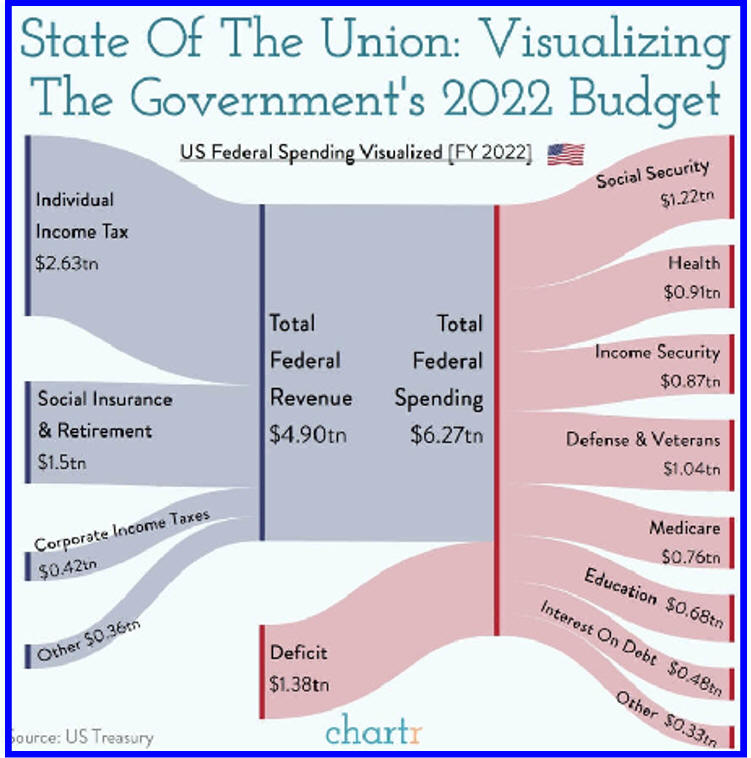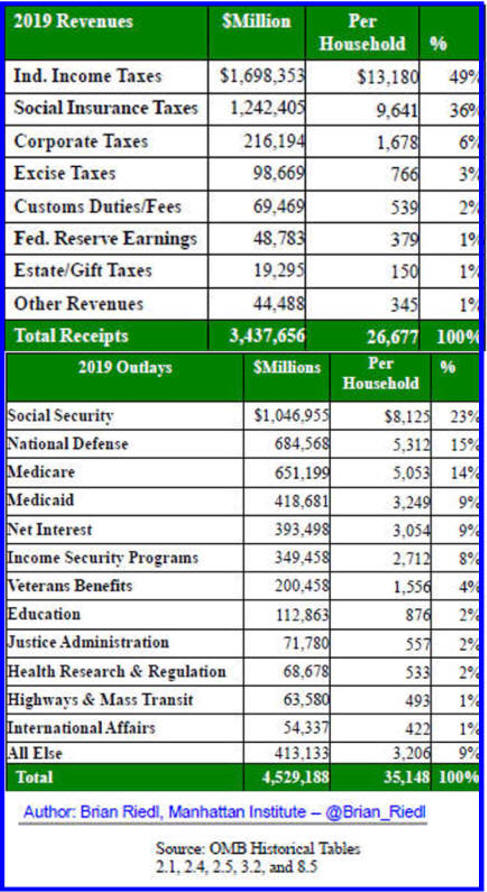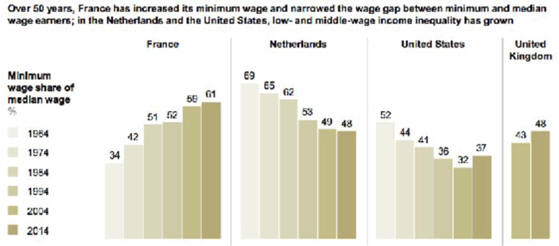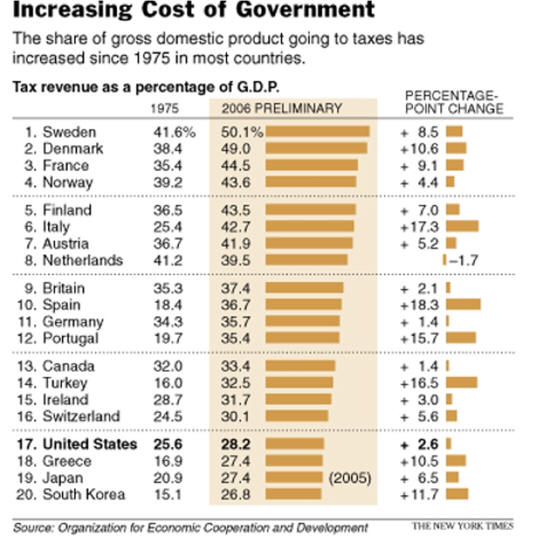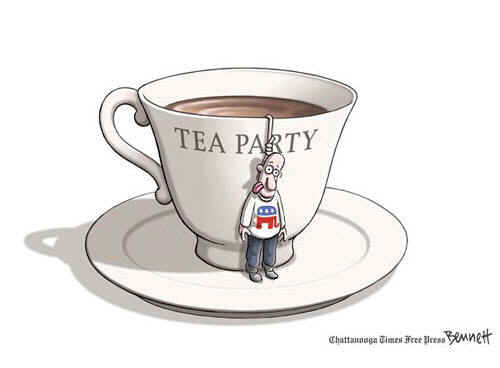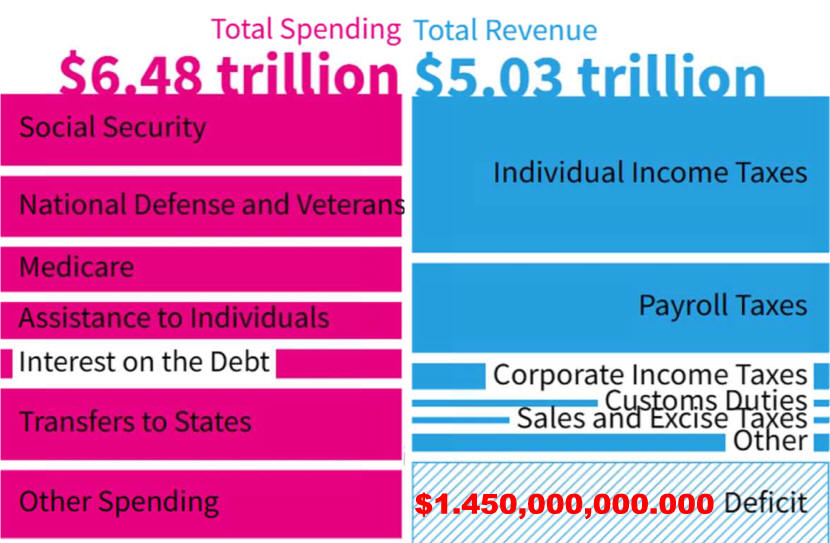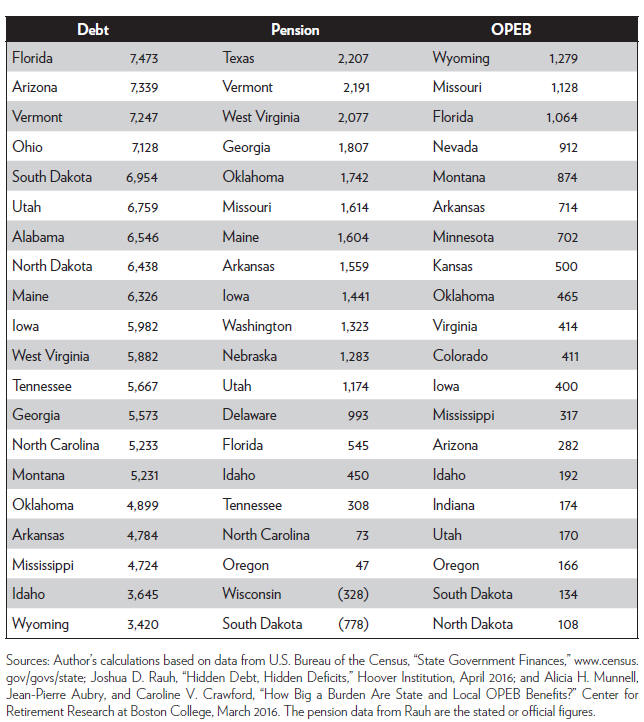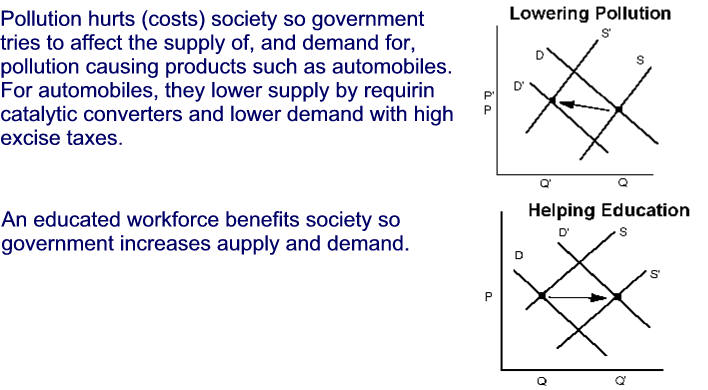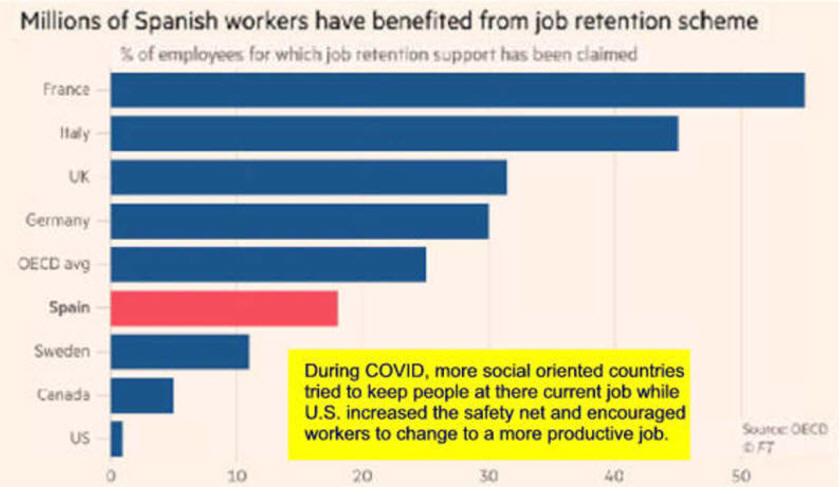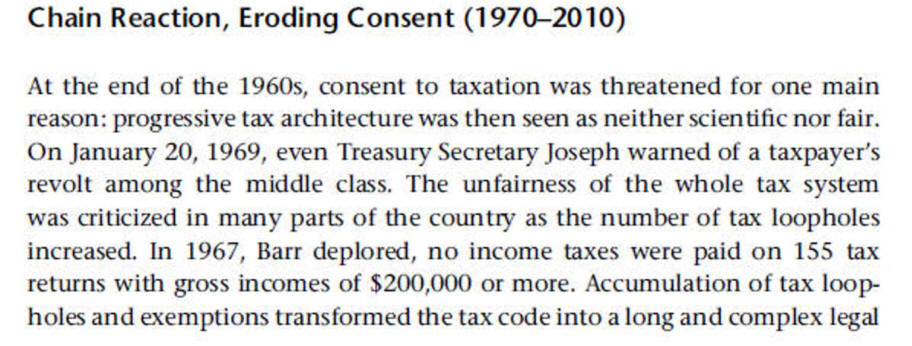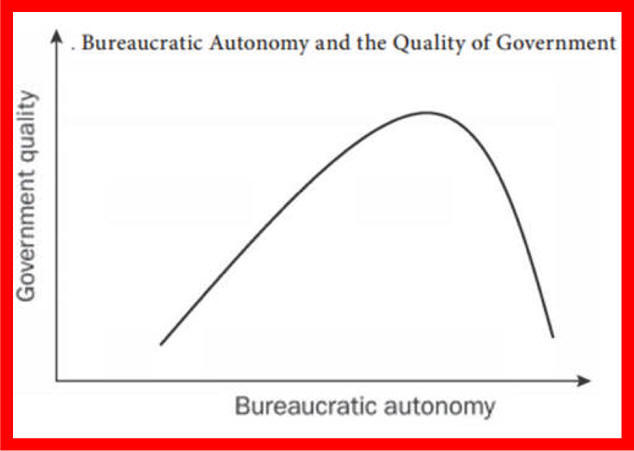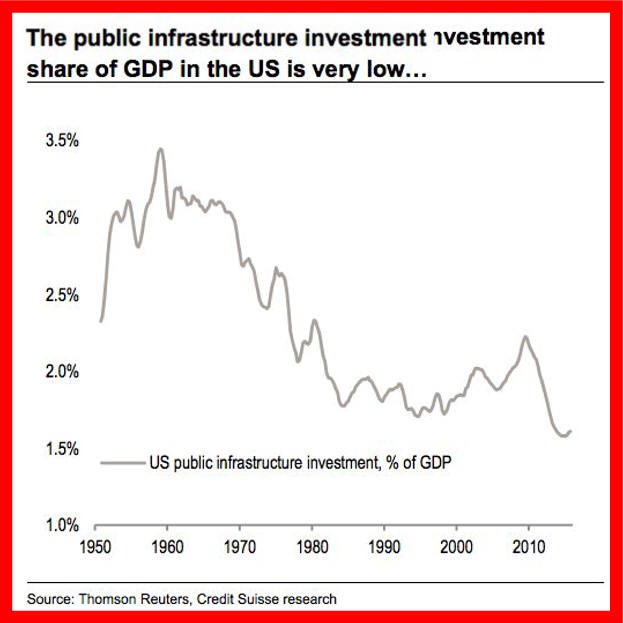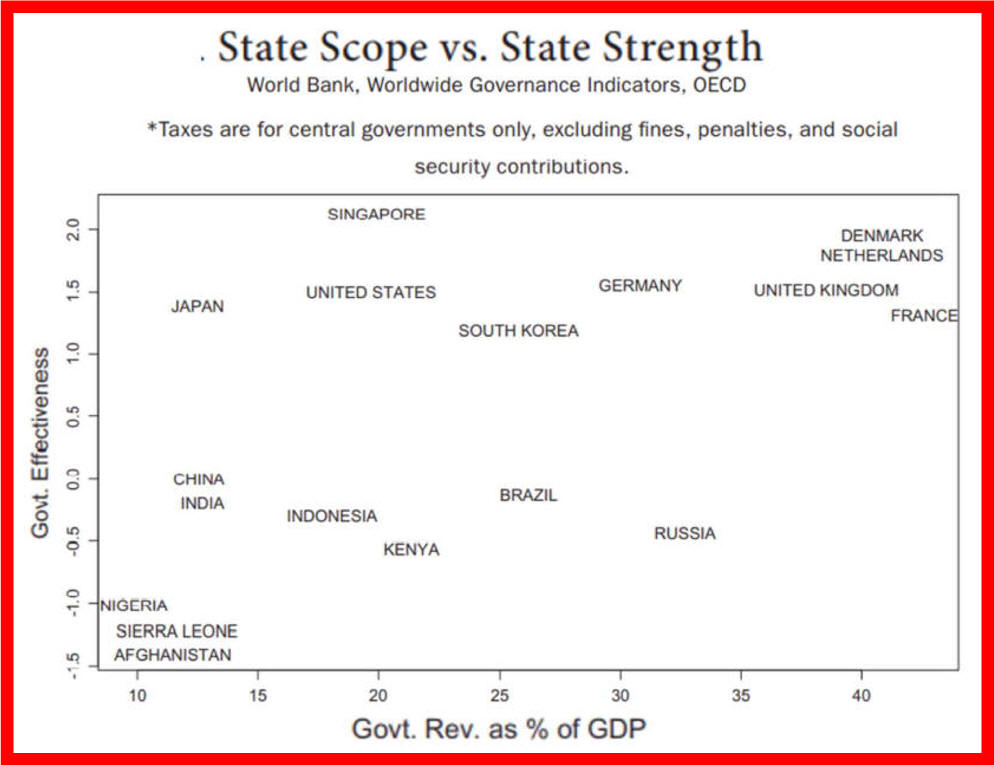|
Q: Charles Seville of Fitch Ratings to
economist L. Summers
I just
p style="border: 0px; font-family: raleway, sans-serif; font-size: 0.9em; font-style: inherit; font-weight: 400; margin: 0px 0px 30px; outline: 0px; padding: 0px; vertical-align: baseline; clear: both; line-height: 1.3em; color: rgb(0, 0, 0); text-transform: none;" align="left">
SUMMERS : Look, there are hard questions and
there are relatively easy questions. If you have a
country that can borrow money for 30 years at below 3
percent in a currency it prints itself, with epically
construction unemployment and record low materials
costs, it is an astonishingly bad idea to have the
lowest level of net infrastructure investment in 60
years relative to income.
Look at the cost of borrowing, and look at LaGuardia
Airport. (Laughter.) Look at the cost of borrowing, and
look at an air traffic control system where oak tag
bulletin boards and yellow stickier play a crucial role
in guiding your flight to landing. So the first and most
obvious thing to say is that there has been no better
time to stimulate demand in the short run, supply in the
long run, and to remove burdens from our children in the
form of deferred maintenance through a major program of
renewing the country’s infrastructure.
That’s not just a public sector concern. That’s a
private sector concern as well, which goes to—you know,
I make fun of the airports and all of that, but the
truth is that a phone call is more likely to be dropped
driving from LaGuardia into New York City than it is
driving from the Alma-Ata Airport into downtown
Kazakhstan. (Laughter.) And that’s about private
structure—private sector infrastructure investment,
which goes to a whole set of things in the regulatory
environment, in the incentives that are provided to
corporations.
Another example in the private sector is, has there
ever been a moment to put coal in our past—a better
moment to do that than now? That creates demand in the
short run, environmental improvement in the medium run,
and capital costs will never be lower. So that’s one
crucial part of, it seems to me, getting things going.
I think a recognition by the financial authorities
that if—that the problems used to be over-lending and
over-heating, but today’s problems are low-inflation and
lack of availability of credit for many in small- and
medium-sized business. And an orientation of financial
policy to that would move things—would surely move
things forward. There were lots of people who got loans
to buy houses in 2005 who should not have gotten loans
to buy houses in 2005. There are plenty of people today
who should be enabled to purchase a home, who have good
but not great credit, and who are not able to get access
to that capital. So I think the priorities have to
attach to stimulating public investment, stimulating
private investment.
And I would say on final—one final thing, an
But at a time when the economy is short on demand,
the consistent trend towards income moving away from the
middle class is leading to more of it going to people
who don’t spend it, don’t inject it back into the
economy, don’t create demand, and that is contributing
to the sluggishness that is part of our problem. And so
appropriately progressive taxation, a minimum wage that
was higher than the minimum wage when Ronald Reagan was
president—because we have made some economic progress
since then—and such measures would, I think, also
contribute to accelerating the growth rate of the
economy over the next decade.
Glennon. In “National Security and Double Government,” he argues that while
congressional and White House control waxes and wanes,
America’s national-security apparatus is essentially set in
stone—a shadowy “second government” made up of mostly
nameless, faceless individuals who determine and administer
our policies.
In traditional representative government (the
people we vote for who are perceived to wield power) and
misrepresentative government (the people who actually move
all the key levers).
I think
this can be overdone, but I’ve come to think there’s
substantial truth in it. When I was a student, we—an
economics graduate student, 40 years ago—we were taught
about a fundamental tradeoff between equity and
efficiency, that you could make the economy more
equitable but in order to do that you’d have to have
more redistribution of various kinds and that would mean
higher taxes, it would mean that as people got benefits
you took more away when they got richer, and all that
created disincentives, and so you had to choose a good
place in the tradeoff between equity and efficiency. And
there’s still substantial truth in that idea with
respect to some policies.
He labels the first group “Madisonians”
after James Madison, who firmly believed that the checks and balances of our republic rest
ultimately on “civic virtue—an informed and engaged
electorate,” without which ”the governmental equilibrium of
power would face collapse.”
“Trumanites,” in homage to the president
who signed the 1947 National Security Act, thus creating the
security state as we know it today, including the Central
Intelligence Agency, the National Security Agency and the
Joint Chiefs of Staff. To run these complex organizations,
the Madisonians need experts, and the Trumanites are nothing
if not experts.
|
4The second group Trumanites determine
and implement the options put before the president. They
write and implement the bills that Congress signs and they
provide the classified justifications for the secret and
invasive policies that the courts defer to and uphold.
Intelligence Committee majority report on CIA interrogation
provides a rare and deeply troubling window into the “second
government” depicted in Mr. Glennon’s book
. According to the report, the Justice Department’s
Office of Legal Counsel defended the legality of the torture
program based largely on inaccurate information provided by
analysts at the CIA. Contractors hired to conduct the
interrogations were not given adequate background checks,
despite claims to that effect by the senior leadership. The
two psychologists hired by the CIA to “develop, operate and
assess” the program had no training in counterterrorism, no
specialized knowledge of al Qaeda or other terrorist
off organizations, and no on-the-ground experience as
interrogators—shortfalls that did not prevent the agency
from paying them a collective $81 million between 2005-09.
Interesting
discussion about European bank bailouts from the Financial
Times: The United Sates ostensibly broke even
on its bailout rescue of banks; European countries are
not likely to be as lucky.
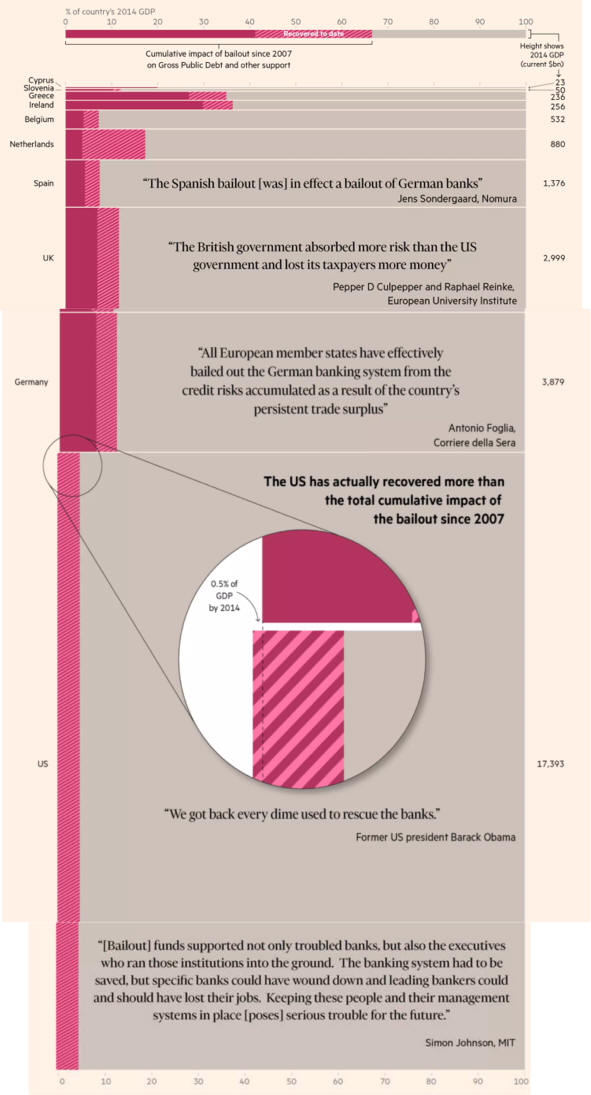
bailout costs will burden years/ |

